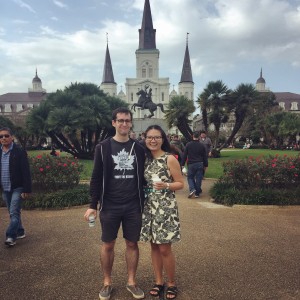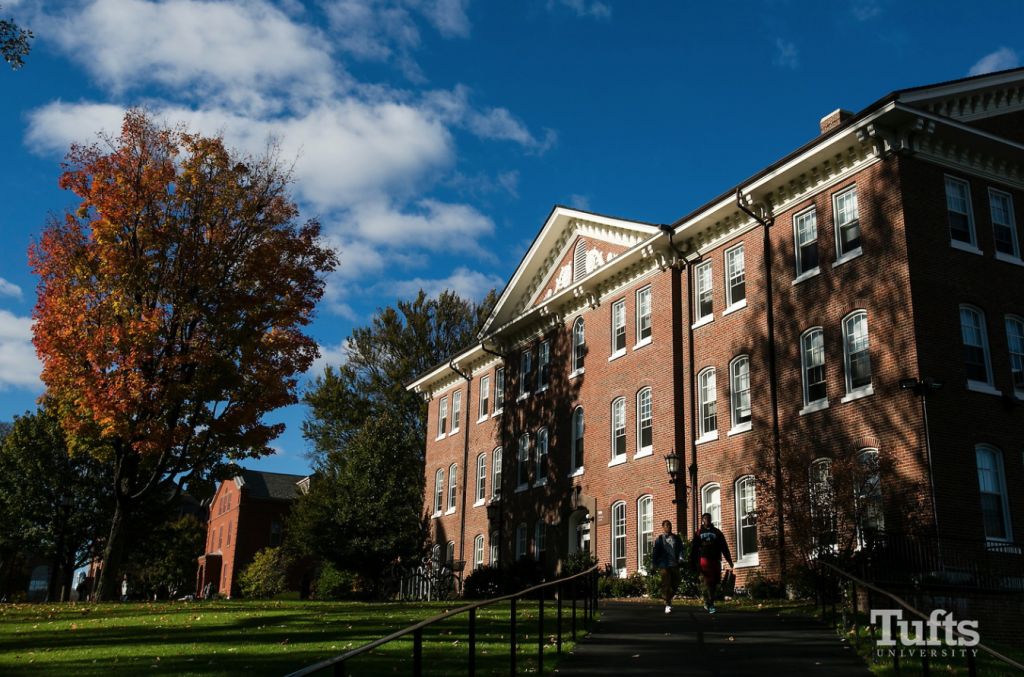Written by Jiali Liu, Philosophy M.A. 2017
As my tenure at Tufts is approaching an end (graduation is this month and my dear mother is travelling from China to the ceremony!), I come to think about my past two-year experience in this community and I feel truly lucky and honored. In philosophy, I have met and studied under devoted professional philosophers who introduced me to their scholarly research and showed me their dedication to teaching. These philosophers also care deeply about my personal growth and wellbeing, besides providing strong support to my academic learning. I would miss the Monday night dinner date with Professor Jody Azzouni where we joke about politics and engage in endless bantering. I would miss Professor Christiana Olfert’s office hours where we share with each other ideas about the Protagoras, the Pyrrhonian skepticism, or the intersectional feminism and resistance. I would miss Professor George Smith who told me about me his departure from and eventual return to philosophy when I made the difficult decision to not go into a PhD program. It is in this kind of mentor environment that I spent my past every day, gradually acquiring the ability to read philosophy, to use critical analysis, and to argue for what I believe in.
Tufts has also given me numerous opportunities to expand my professional interests and interact with the wider community. As a Graduate Writing Consultant, I work with students on a daily basis on their writing projects, from term papers to dissertations, from applications to research proposals, and I have never stopped being fascinated by their ideas and experiences – there was a qualitative research thesis about water collection systems in Ghana; there was a summer fieldwork fellowship on the effect of new charter schools on public educational resources in Boston; there was a heartbreaking personal story about living in contemporary America as a South Sudanese refugee struggling to cope with homesickness and identity issues. In helping my students navigate their thoughts and arguments, I joined their journey to becoming better writers and thinkers and to a better understanding of themselves. In turn, I thoroughly enjoyed this collaborative writing process and developed a keen interest in public service.
Last, but of course not the least, Tufts has given me a network of awesome colleagues and friends. After more than a year of teaching and tutoring, I would run into my students on campus and catch up with their new developments. Every thank-you they said to me means tremendously as I know I took part in their story. My colleagues from the Academic Resource Center continue doing workshop lunches together, sharing teaching methods and encouraging each other for future endeavor. Many of my friends from the program are also going onto top-notch PhD programs or law schools, and I know I could count on them for support whenever I need any. This precious group of people whom I have met at Tufts through all different ways greatly enriches my life and I put trust in their potentials in shaping the world and making a difference.




